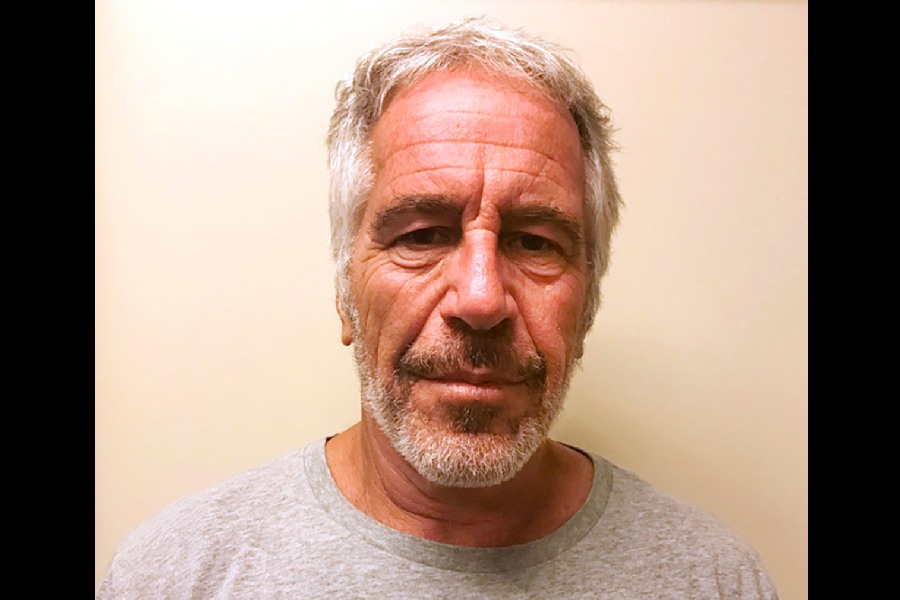 |
| Sonia at Tilburg. (Reuters) |
New Delhi, June 10: Sonia Gandhi may have formally joined politics in December 1997 but she says she was schooled in the Nehru-Gandhis’ family profession right after her marriage to Rajiv Gandhi.
Delivering a lecture on Living Politics: What India Has Taught Me at the Nexus Institute, Tilburg, the Netherlands, yesterday, the Congress chief said: “My first political classroom thus echoed to momentous unfolding events. Two stand out in my memory. The first was the 1971 crisis, which transformed Mrs Gandhi into a statesman.
“Another memory I have of her as a political leader is of her steely determination to raise India out of the cycle of famine and dependency on imports of foodgrain. She took tough decisions which laid the foundations of the Green Revolution that transformed our economy.”
In Delhi, her words have been carefully deciphered in Congress and government circles. At a time when the Congress-led UPA is coming under criticism for its economic policy, party members wondered if Sonia would take some corrective steps to adopt a “pro-poor” tilt, a subject that is so dear to her heart.
There is no dearth of party members who feel that Sonia has an opportunity in the presidential polls to take care of the three crucial ministries causing political discomfort to the UPA.
The rationale goes like this — if Shivraj Patil is made President, finance minister P. Chidambaram could be asked to look after home. In the cabinet shuffle, HRD minister Arjun Singh could be eased out and made governor of Haryana.
Elaborating the theme of her speech, she said: “It is appropriate that I speak on the theme of my lecture in this fascinating country, because the story I have to tell is a bit like the works of two of your greatest artists. Like Rembrandt’s, it is a story of light and darkness, of mystery and the hidden hand of destiny. Like Van Gogh’s, it is also a story of inner struggle and torment, a story of how the experience of loss can impart a deeper meaning to life.”
Having been born in Italy, Sonia said, she learnt of the Risorgimento, of Mazzini and Garibaldi and the unification of Italy. But of India, its history and its emergence as a modern nation-state, she was taught nothing. “My discovery of India happened differently.”
“Our world had been overturned with the death of my mother-in-law. I sought to reach out to her through her writings. I immersed myself in editing two volumes of letters between her and her father.
“Through most of her youth, while her father was in British jails, their loving and close relationship found expression in this flourishing correspondence, recording a rich and vivid interplay between two lively minds.”
Sonia said the Nehru-Indira correspondence brought alive the freedom struggle.
On her personal life, Sonia said her days as the Prime Minister’s daughter-in-law were permeated by the turbulence of politics. “Looking back, I can say that it was through the private world of family that the public world of politics came alive for me: living in intimate proximity with people for whom larger questions of ideology and belief as well as issues relating to politics and governance were vivid daily realities.”










